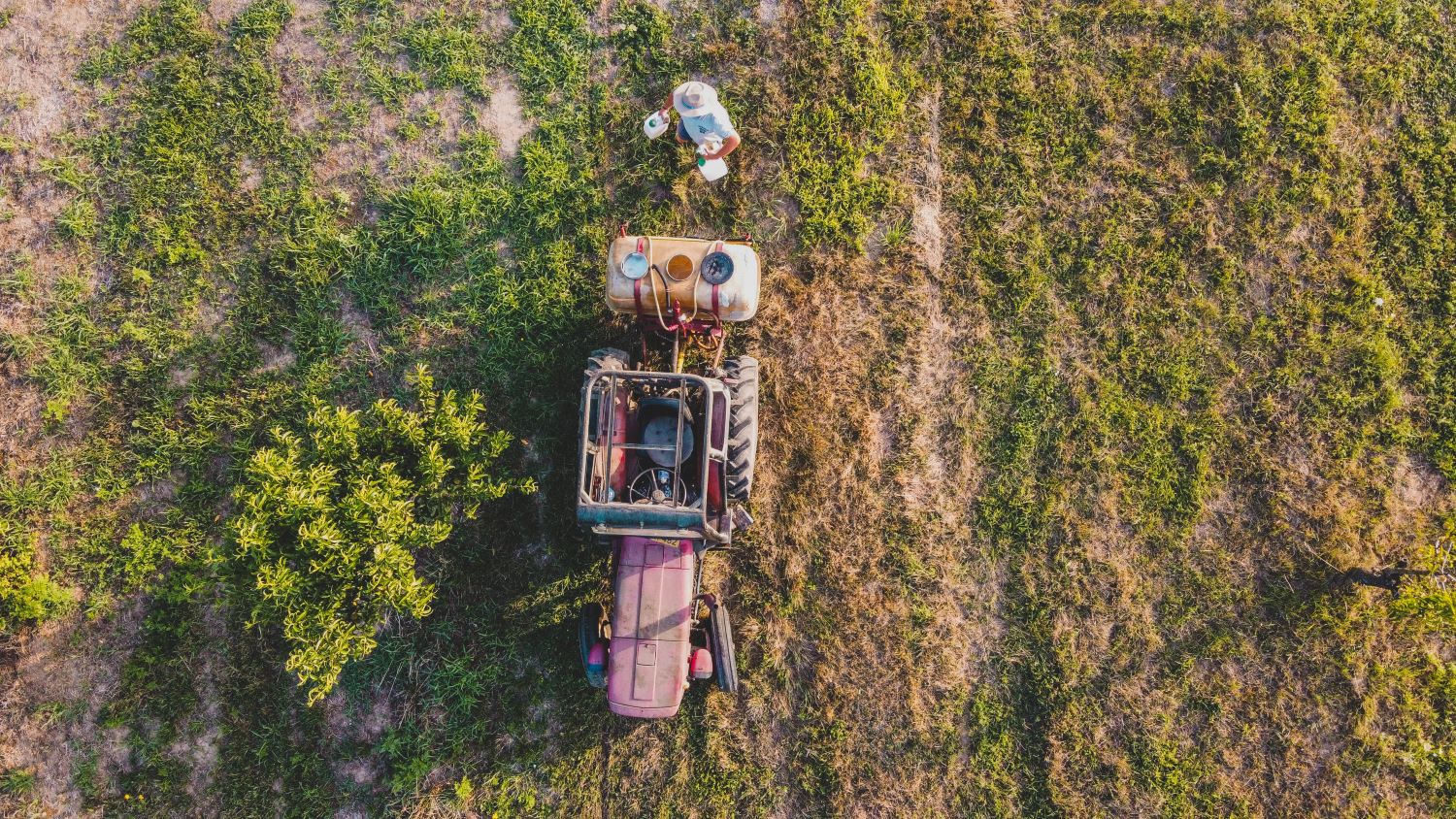Experiments overseen by Larry Smart, a plant breeder and professor at Cornell AgriTech’s College of Agriculture and Life Sciences, revealed that higher concentrations of cannabinoids in hemp leaves resulted in proportionately less damage from pests.
This study suggests the prospect of developing pesticides for use exclusively on non-edible plants. The limitation arises from the pharmacological properties of compounds such as CBDA, THCA, and their precursor CBGA, naturally produced by hemp plants, which transform into more well-known CBD, THC, and CBG when heated.
While past research on cannabinoids has predominantly focused on their medicinal and psychoactive effects, the evolutionary purpose of these compounds in plants has remained unclear. The current study hypothesizes that cannabinoids may serve as defensive compounds, protecting plants from ultraviolet light, pathogens, and herbivores, particularly in female flowers where they primarily accumulate to safeguard seeds.
Larry Smart, the senior author of the study titled “Cannabinoids Function in Defense Against Chewing Herbivores in Cannabis Sativa L.,” published in the journal Horticulture Research, emphasized the need for a comprehensive set of experimental results linking cannabinoid accumulation to harmful effects on insects. The findings offer insights into the role of cannabinoids in natural systems and may contribute to the development of new hemp cultivars compliant with THC regulations, maintaining natural defenses against herbivores.
Initiated in 2017, the Cornell hemp breeding program evaluated various hemp cultivars for local climate suitability. Observations revealed that varieties lacking cannabinoids, specifically those from a Ukrainian breeding program, were highly susceptible to Japanese beetles, showcasing substantial insect damage in their absence.
Controlled feeding studies in the laboratory isolated CBDA and CBGA, with larvae exhibiting reduced growth and lower survival rates as cannabinoid concentration increased. However, due to federal restrictions, the study did not explore the potential use of THCA, the intoxicating compound found in marijuana, as a pesticide.
George Stack, the paper’s first author and a postdoctoral researcher in Larry Smart’s lab, acknowledged the exciting potential of cannabinoids as pesticides but cautioned about regulatory barriers and the need for further studies to understand their efficacy against different pests. Future research will explore whether cannabinoids inhibit sap-sucking insects like aphids, and if species from other plant genera producing cannabinoids could also benefit from their insecticidal properties, indicating convergent evolution.
The study’s co-authors, affiliated with the College of Agriculture and Life Sciences at Cornell University, include experts in entomology, plant breeding, and plant biology. The project received funding from the New York State Department of Agriculture and Markets through Empire State Development, the state’s economic development corporation.
Photo by: Czapp Árpád




